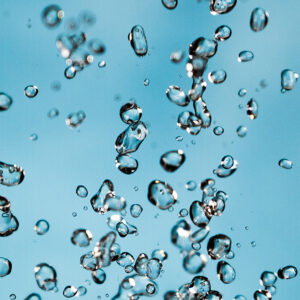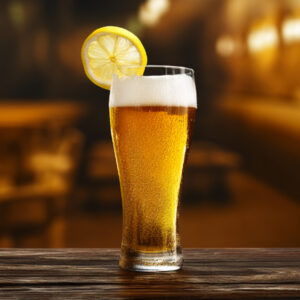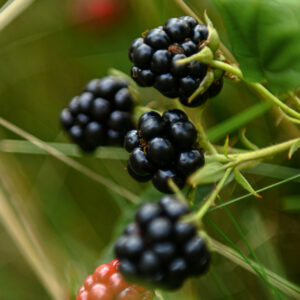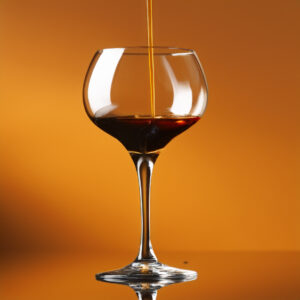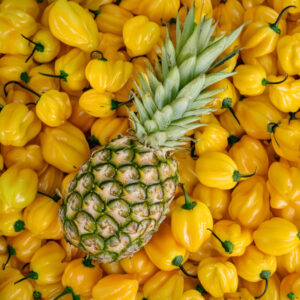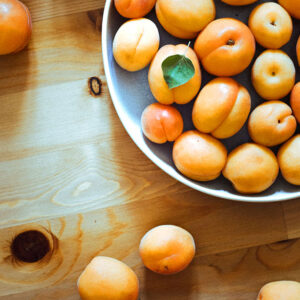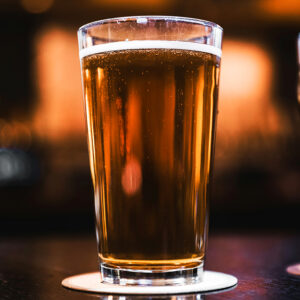
We’ve always said, “Brew like a Viking, not like a Chemist”. Well, that’s not entirely accurate. Let me explain.
The whole “Viking Brew” concept is a good one, and I do believe in it. But there’s some things about it that I don’t think people realize. They almost never made mead with just honey and water. Like.. it wasn’t done. Honey was just the fermentable product, they added fruits, nuts, herbs, spices, leaves, twigs, and even meat. Yes, really.
Honey back then (we’re talking hundreds of years ago at least, but this practice goes back thousands of years) was different. Not that the bees made it differently, more… the way it was collected. Today, it’s filtered and squeaky clean, back then? Dirt, leaves, bee pollen (a great nutrient but please don’t add this, the bees need it), even dead bees as well as honeycomb were all added to the brew pot. THEN in went herbs, fruits, etc.
What’s the difference?
Nutrition. That mead back then had a ton of nutrition for yeast.
The concept of taking today’s honey, adding water (maybe yeast) and making a great mead in a few weeks without anything else is just… well, it’s not going to happen. We’ve done it with some raisins and orange zest, and it’s good in about 8 weeks. But… we DID have to add things to it.
I’m not going to debate whether raisins or other ingredients add nutrition, since, it’s obvious they must add something, and anyone who disagrees really doesn’t understand the laws of matter. How much, now that’s a whole other story.
We are going to do a test of yeast hulls versus nothing in a plain ole mead and see if there’s a difference in fermentation speed, length of time needed, and of course, taste. It’s going to be a long one, spread over probably 3-12 months to get the idea fully, but I thought I’d let the cat out of the bag a little.
That’s not really what this article is about though.
We’re releasing a video tomorrow that explains the three biggest questions we recceive:
- Why don’t you filter your brews to get rid of lees?
- Why do you let your brews go so long before bottling?
- Why don’t you use sulfites or sorbates to stabilize?
Tomorrow’s video will be a scientific look at the healthy properties of homebrew. It’s a pretty important topic and one we felt warranted more than just a video. After the video is live, there will be another blog post with all the references I used for information in creating it.
In short, there’s a lot of good in homebrew wine, cider, mead and beer. The less we do to it, the better it is for us.
But, there’s soooo much more to it.
Stay tuned tomorrow morning for the video!
Thanks for watching,
-Brian

